I’ve lost a battle but will definitely win the war: Syed Jamil Ahmed
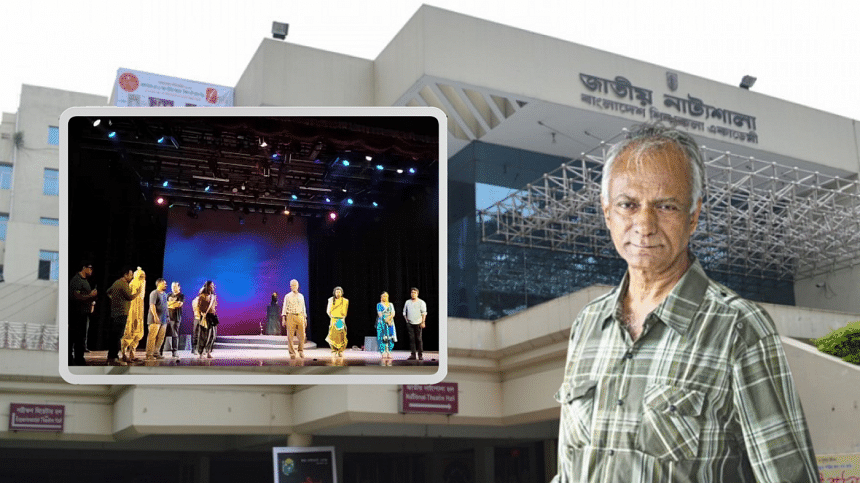
A sudden uproar forced the interruption of the play "Nityapurana" at the National Theatre Hall of Bangladesh Shilpakala Academy (BSA) in the capital yesterday evening (November 2). As a group of protestors gathered outside the venue, Shilpakala Academy Director General Syed Jamil Ahmed decided to halt the play for the safety of the audience and venue.
Despite beginning the play as planned, the protestors soon resumed their demonstration outside the gate. This prompted Ahmed, in consultation with the members of theatre troupe Desh Natok, to stop the performance to prevent potential escalation, as he explained during a virtual press conference held this morning at 9am.
"The decision to stop midway had to be made considering the safety of the audience," Ahmed said. He expressed concern that the Shilpakala Academy itself "might come under attack," given the rising tensions.
According to witnesses, ticket sales for "Nityapurana" (written and directed by Masum Reza), began yesterday afternoon. However, by 6pm, a group began protesting outside the Shilpakala Academy's gates, accusing Desh Natok secretary Ehsanul Aziz Babu of being politically affiliated with Awami League, the former ruling party.
Ahmed initially managed to calm the protestors, allowing the performance to start, but their discontent flared up again as they regrouped at the entrance to the theatre hall. When some attempted to breach the gate, Ahmed and Desh Natok members decided to call off the performance.
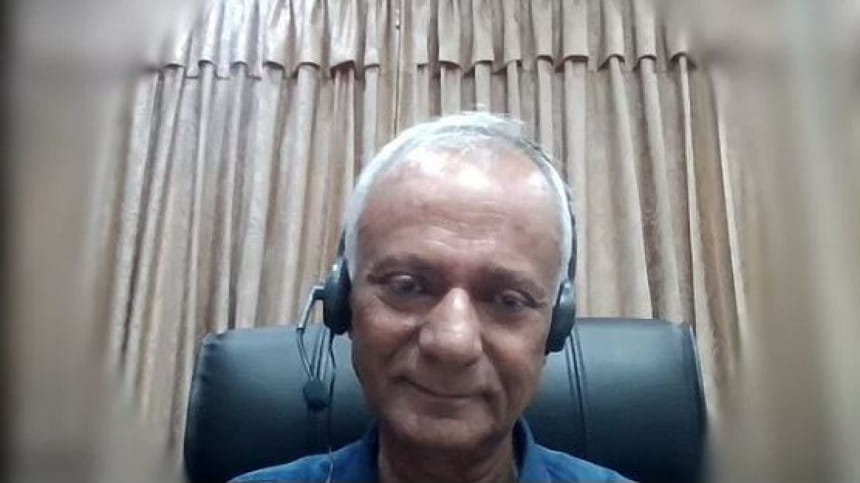
"A jatra festival was underway at the open stage in Suhrawardy Udyan, organised by BSA," explained Ahmed. "Upon learning of the protest, I spoke to the demonstrators. They alleged that Ehsanul Aziz Babu was aligned with the previous regime and insisted they wouldn't allow his troupe's performance. I reminded them that Desh Natok troupe also includes members who had actively supported the July mass uprising and that some even sustained gunshot injuries during the protests," he recounted.
Though the protestors initially accepted this explanation, they soon resumed their demonstrations. Ahmed explained his concern, saying, "I even told them to go over my dead body if necessary. But some bypassed me, climbed over the wall, and entered. When they broke through the gate, we felt it best to halt the play."
Shilpakala Academy faced criticism online for not seeking law enforcement support during the incident. Addressing this, Ahmed responded, "Shots were fired just a few days ago. We didn't want any further repression. Among those protesting, two had been injured by gunfire during the July movement." Instead, he voiced his vision of a "people-friendly Shilpakala Academy," emphasising that it should be a public institution without the need for armed intervention.
Ahmed also dismissed the idea of involving military personnel stationed within the Academy grounds. When asked why he didn't seek their assistance, he countered, "Would you stop them by force or with words? Those who gathered to protest also include people who had been shot and injured. They came with grievances. Would it have been right to pit the army against them?" He noted that although an army officer arrived with two vehicles, he preferred to avoid military involvement, aiming instead for a peaceful resolution.
Reflecting on the experience, Ahmed said, "Yesterday, I fought a small battle. I tried very hard to ensure that the play would go on. However, I have lost a battle but will definitely win the war."
Ahmed emphasised that the preservation of the arts is a public responsibility. "The public must take on the responsibility of the arts. It should not be under the guard of the army; rather, the people should protect the arts. We want a people-friendly Shilpakala Academy," he stated.
Over the past month, numerous theatre groups have performed at the Academy, Ahmed shared, acknowledging past criticisms surrounding their shows. "There were no objections about 'Nityapurana', only concerns regarding one individual. Yet, ultimately, the protestors demanded to stop the performance altogether," he said.
"I explained that no one should silence the arts. We do not want to become autocrats like Sheikh Hasina," Ahmed concluded, noting his struggle to balance the freedom of expression with ensuring public safety. Despite twice persuading the protestors to stand down, he ultimately faced a situation beyond his control.

 For all latest news, follow The Daily Star's Google News channel.
For all latest news, follow The Daily Star's Google News channel. 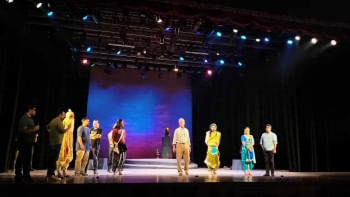
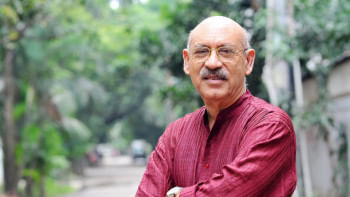



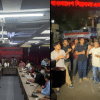
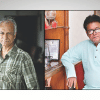
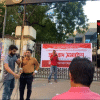


Comments